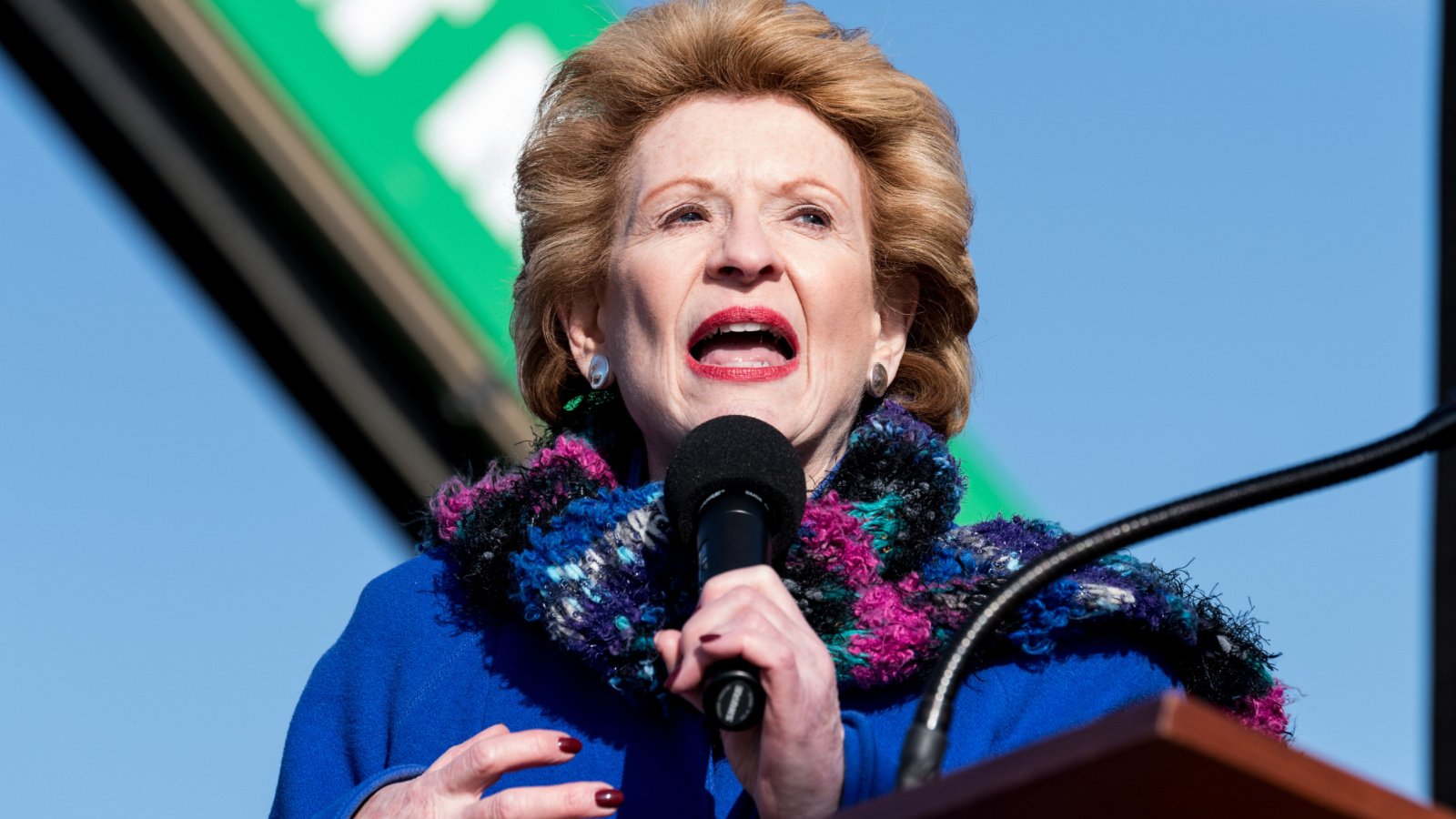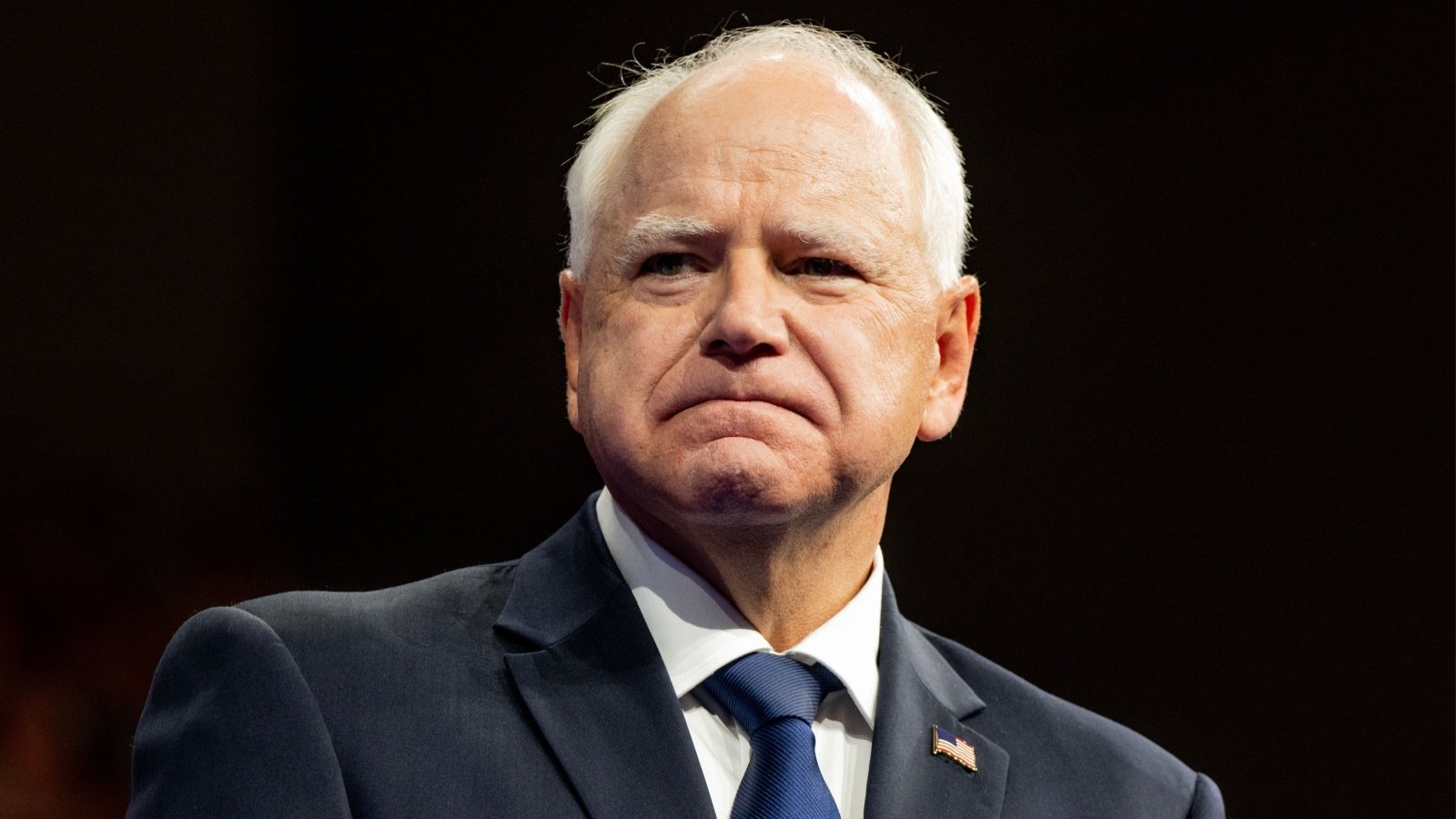Adding another Trump-centric legal decision to its docket, the U.S. Supreme Court agreed to address the pressing issue of whether former President Donald Trump has constitutional immunity for his alleged interference in the 2020 presidential election. This significant advancement in the case of former President Trump’s legal standing vis a vis his criminal indictment for actions in the wake of the 2020 election signifies the court’s commitment to a swift resolution of the matter.
Other Trump Legal Issues Before the Court

In February, the Supreme Court heard arguments regarding whether the state of Colorado can bar Trump from appearing on the state Presidential ballot, as Colorado and Maine have already ruled, and Illinois ruled this week. While the Supreme Court has yet to enter a ruling, the Court is expected to side with former President Trump if Justice’s questions during oral argument are any indication.
Expedited Hearing Schedule
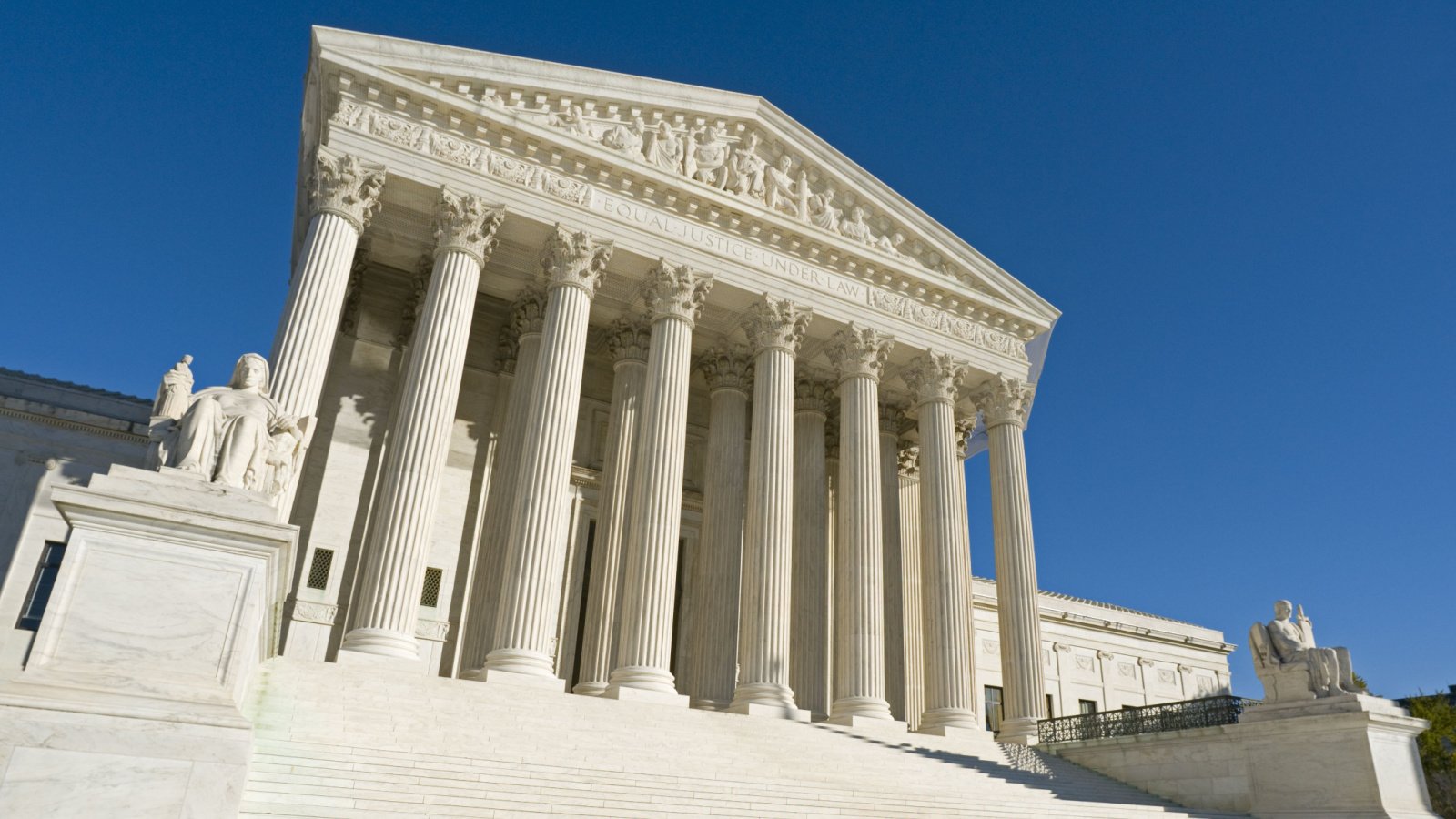
The court has scheduled hearings on the Presidential Immunity question for late April, with an anticipated decision by the end of June. This accelerated timeline is unusual for the Supreme Court, highlighting the urgency of resolving the case ahead of the upcoming November election.
The Court’s Role in Election-Related Cases
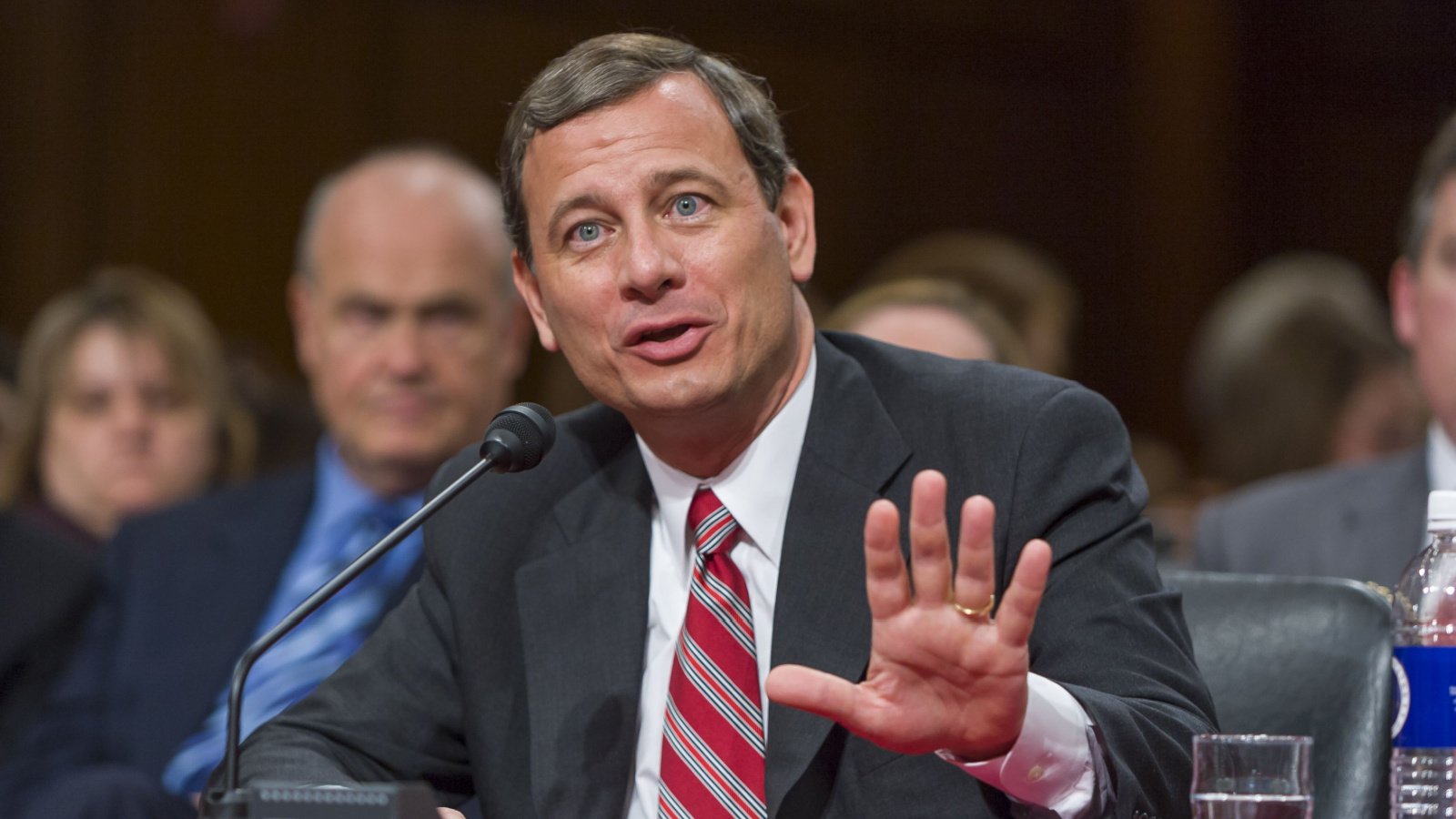
This case is part of a broader involvement by the Supreme Court in significant legal challenges related to Trump, including another major case that questions his eligibility to run for the presidency again due to his post-election actions. The court’s active role underscores its influence on the political and legal landscape surrounding election integrity and presidential conduct.
Uncertainty Over Trial Timing
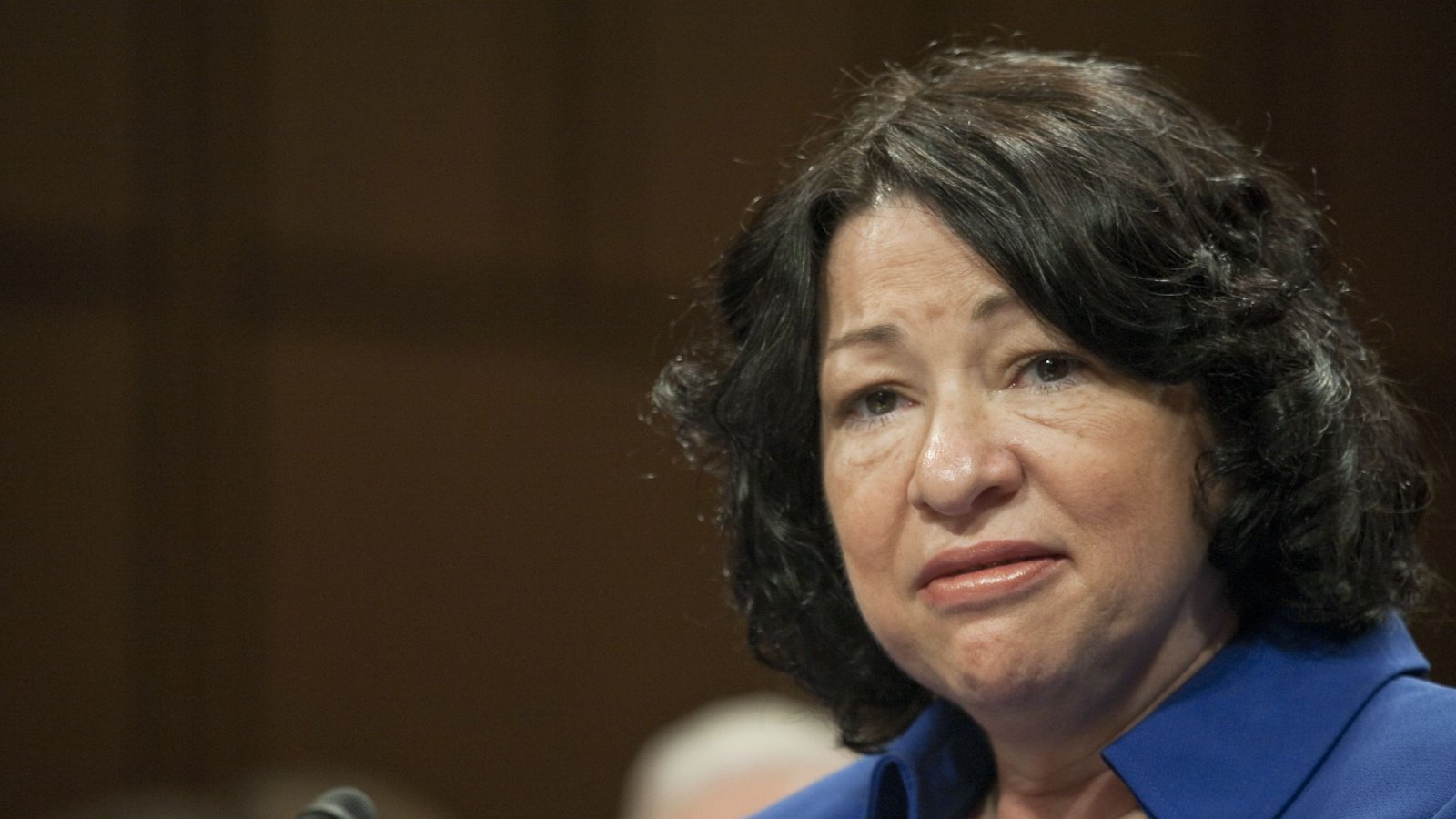
Despite the expedited process, it remains unclear if a trial could be arranged and completed before the November elections. Early voting in some states begins in September, placing pressure on the court to deliver a timely judgment.
Historical Precedents
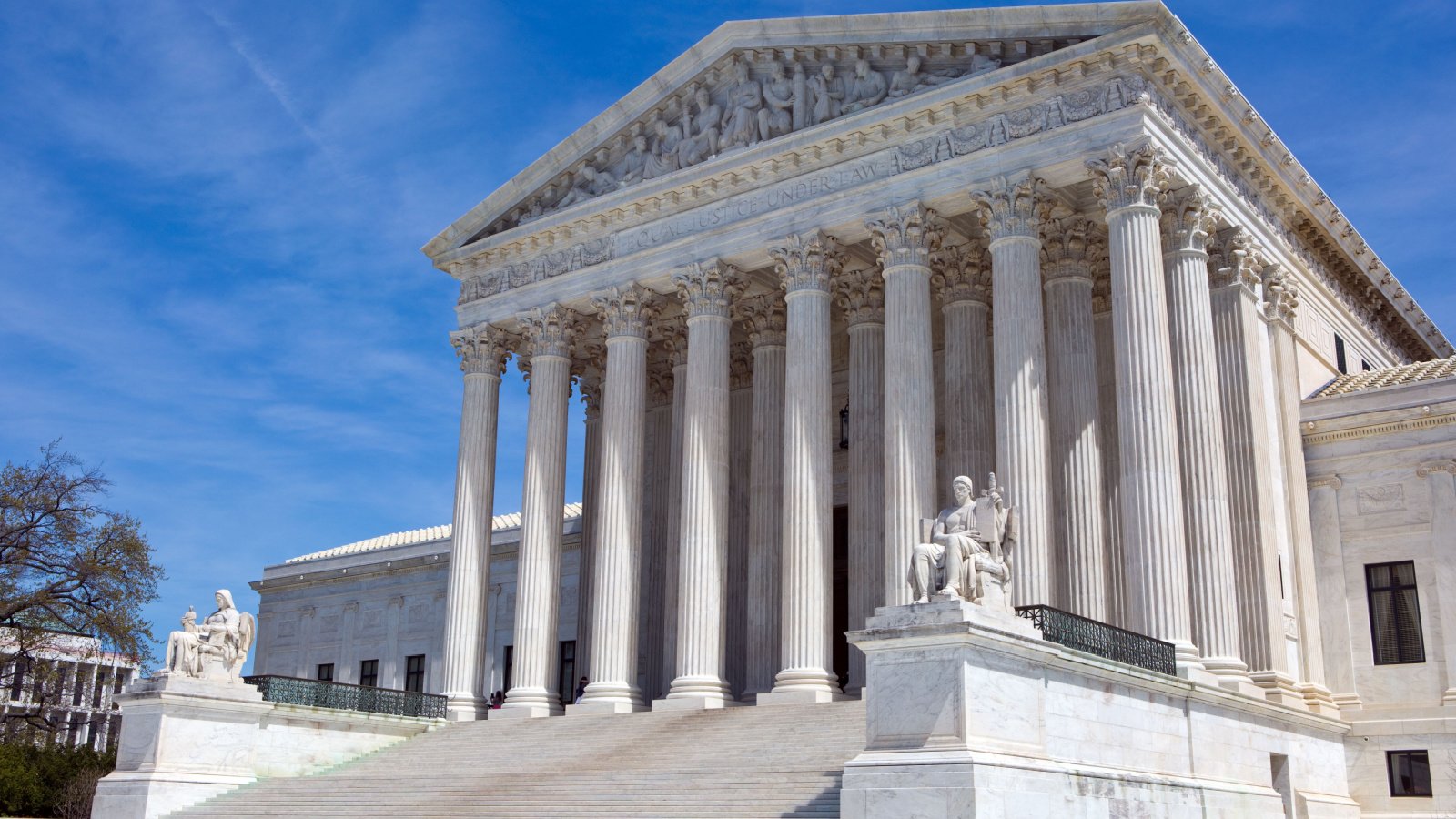
The Supreme Court has a history of making rapid decisions in urgent cases, such as the Watergate tapes case and Bush v. Gore. The current situation tests the court’s ability to act swiftly once again, given the stakes of the upcoming election.
Trump’s Immunity Claim
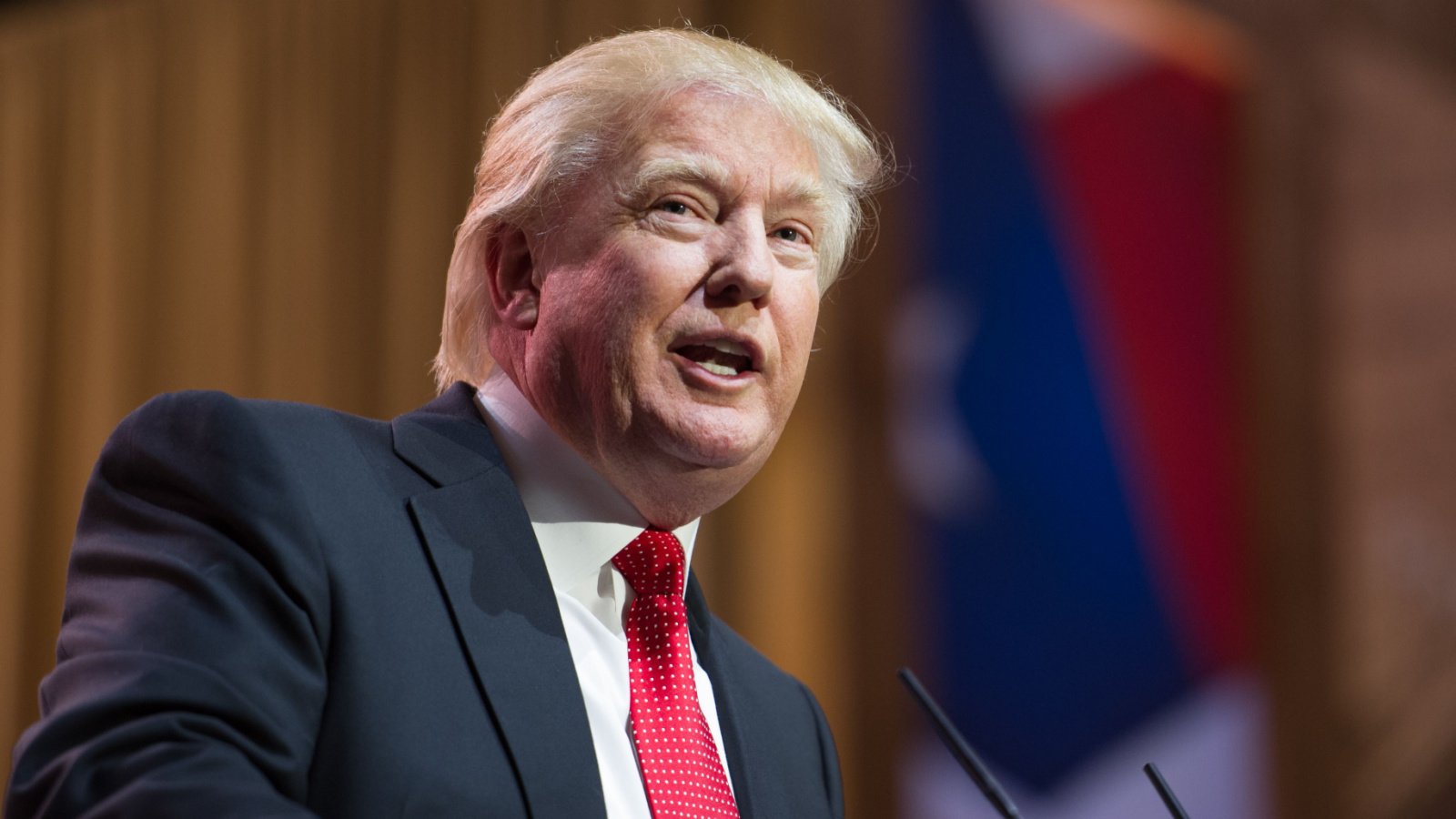
Central to this case is Trump’s claim to immunity from prosecution for actions he took while in office. This unprecedented legal question adds complexity to the proceedings and has significant implications for the scope of presidential immunity.
Special Counsel’s Intervention
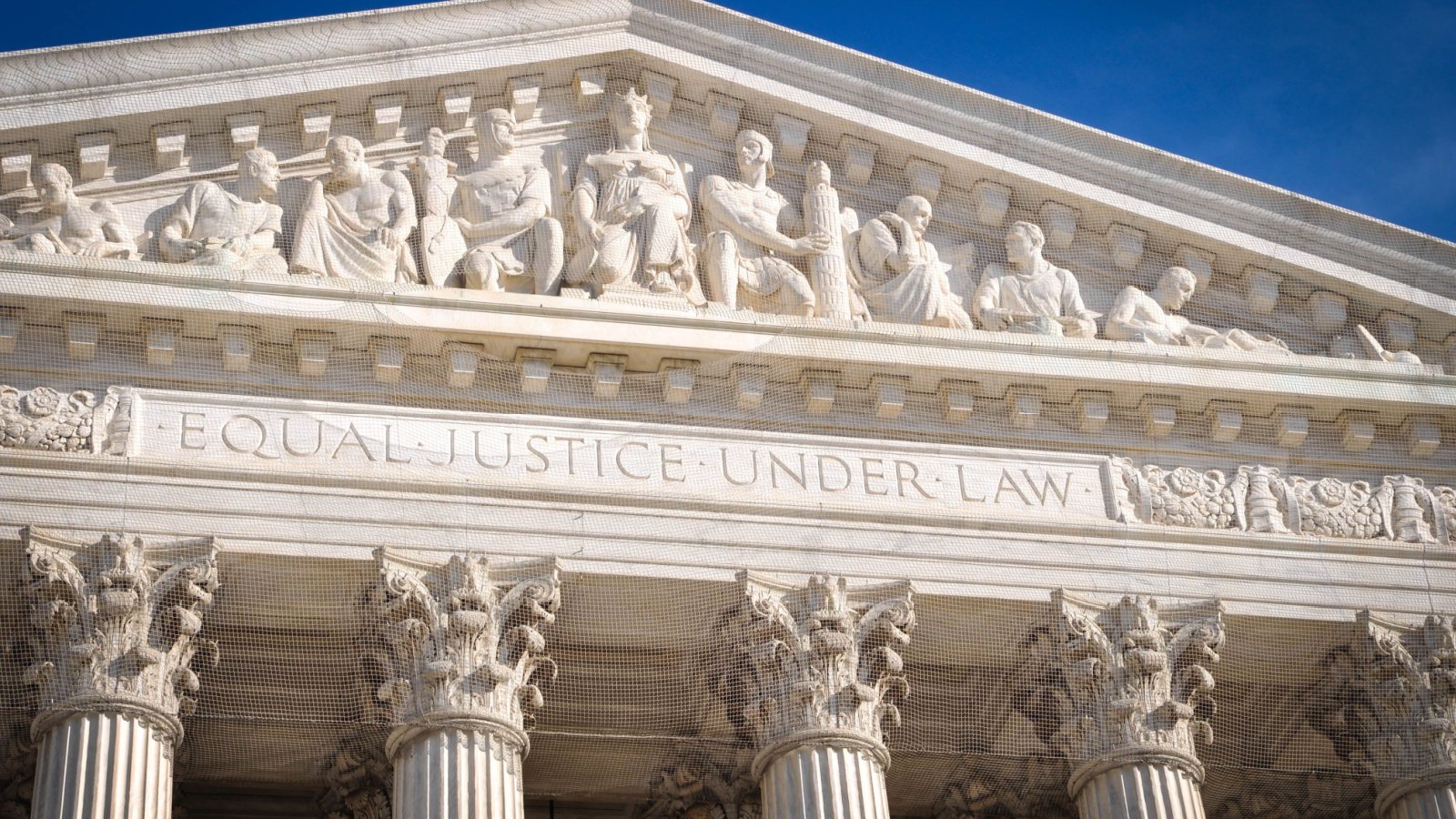
Special Counsel Jack Smith had initially requested the Supreme Court’s immediate intervention to avoid delays, proposing an even earlier timeline for arguments. This move was aimed at ensuring a timely and fair resolution, emphasizing the case’s national importance.
Trump’s Response
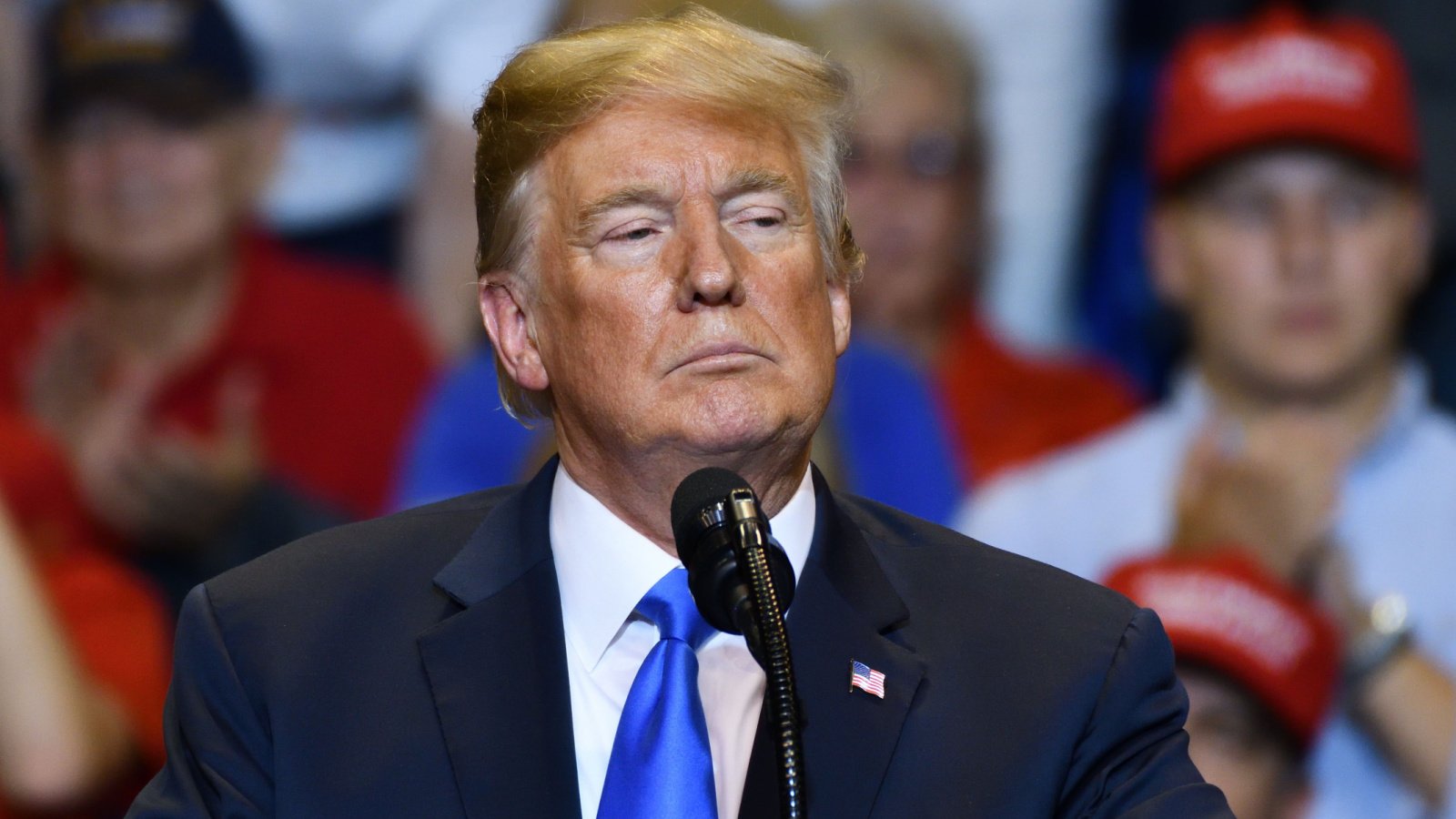
Trump has publicly expressed his approval of the Supreme Court’s decision to consider the question of presidential immunity, framing it as a critical issue for the protection of future presidents against wrongful prosecution after leaving office.
Impact on the Election Cycle

The Supreme Court’s decision on this matter will have far-reaching implications not only for Trump but also for the political landscape as the country approaches another election cycle. The outcome could influence Trump’s ability to run for office again and shape the legal precedent for presidential conduct.
Legal and Political Ramifications
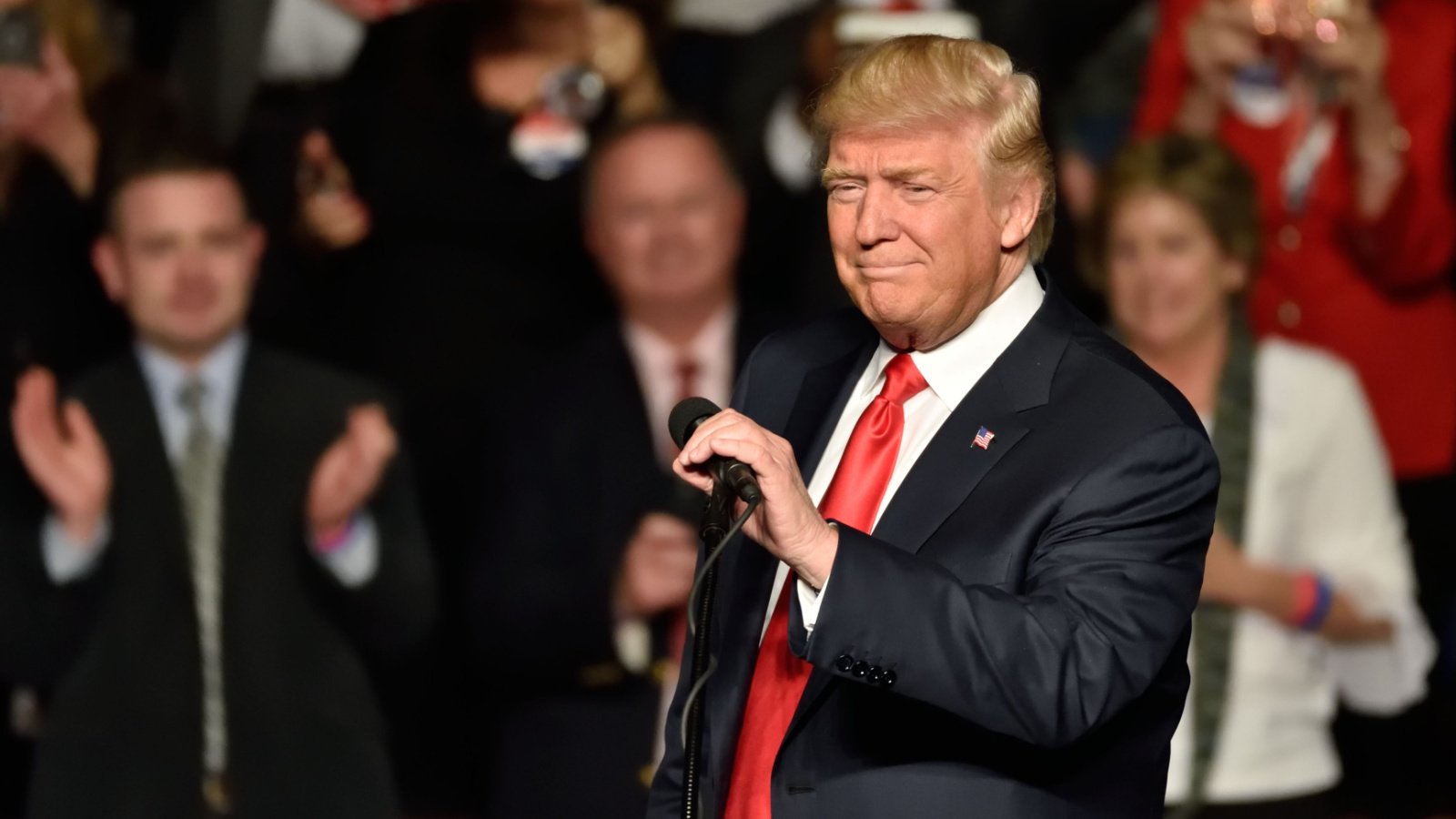
The case’s progression through the courts has been closely watched, as it tests the boundaries of presidential immunity and accountability. Lower courts have thus far rejected Trump’s claim to absolute immunity, setting the stage for a landmark Supreme Court decision.
The Significance of Timely Justice

The urgency with which the Supreme Court is proceeding reflects the importance of timely justice in matters of national significance. The court’s ability to deliver a swift verdict could have immediate effects on the political climate and the upcoming election.
The Broader Context of Trump’s Legal Challenges
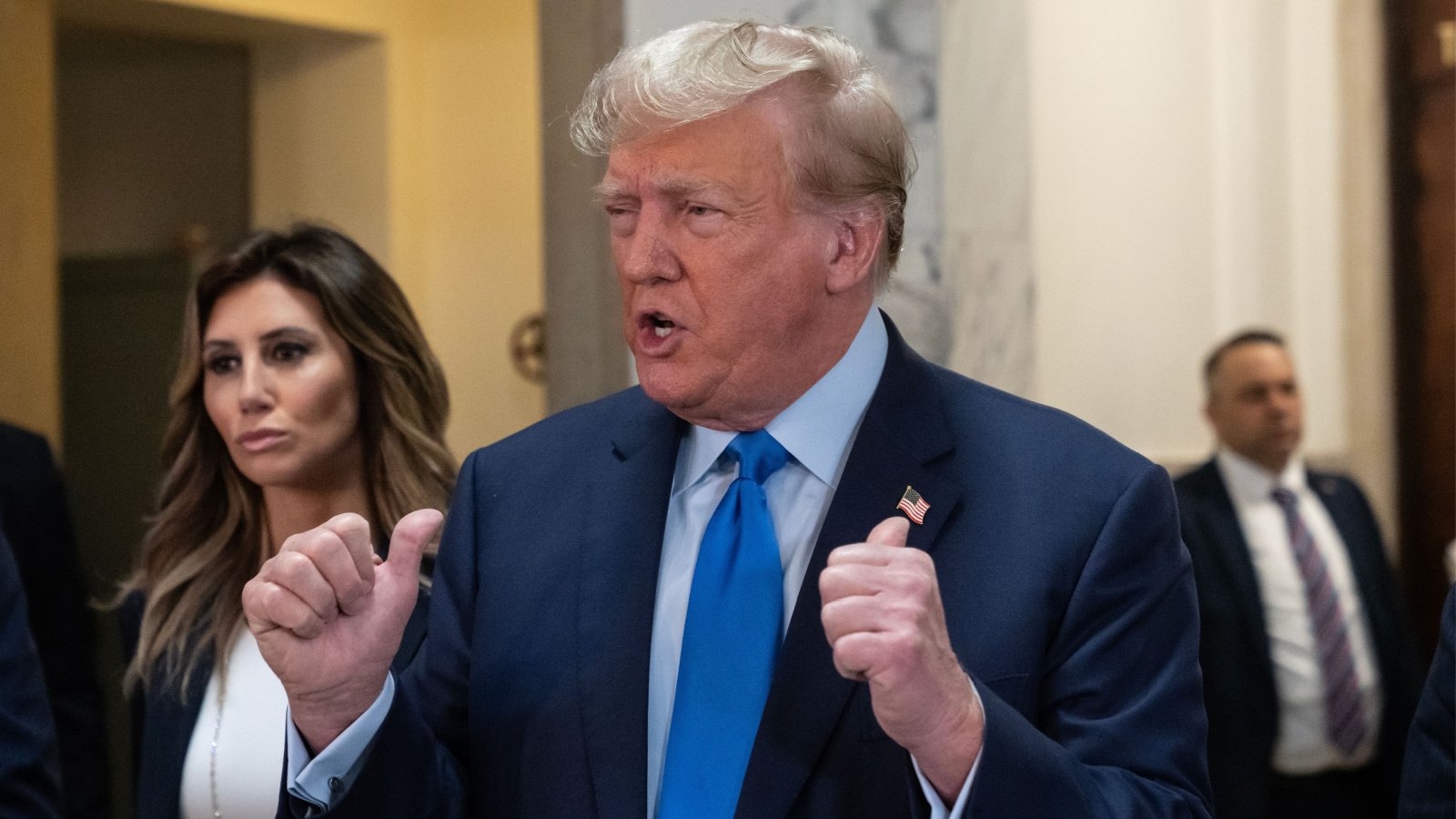
This case is just one of several legal battles facing Trump as he seeks to reclaim the White House. The outcomes of these cases could dramatically affect his political future and the legal landscape for future presidents.
Potential Impact on Future Presidencies
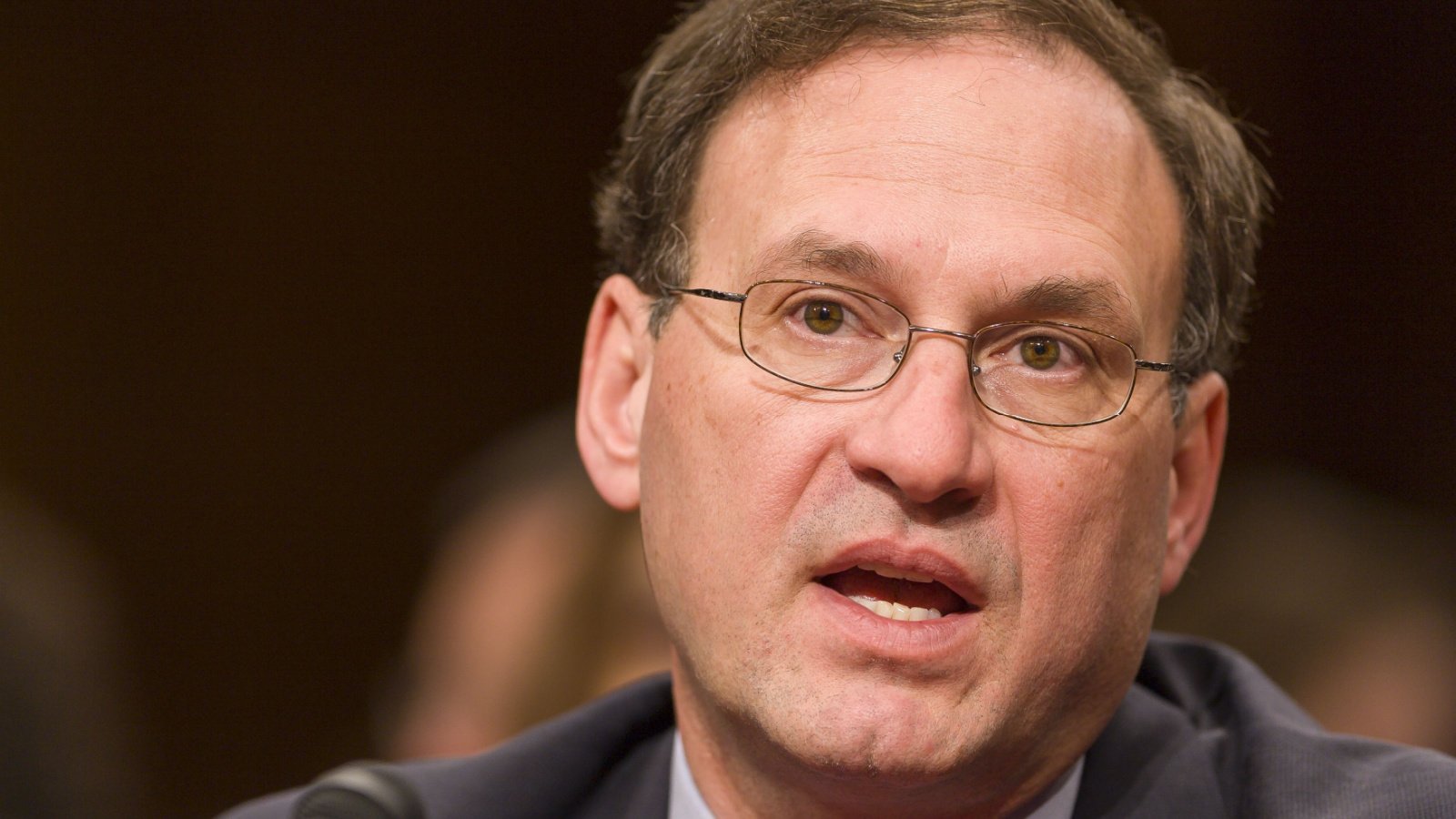
The Supreme Court’s handling of this case will likely set a precedent for how former presidents can be held accountable for their actions in office. This decision will be closely analyzed for its implications on presidential immunity and the separation of powers.
Looking Ahead
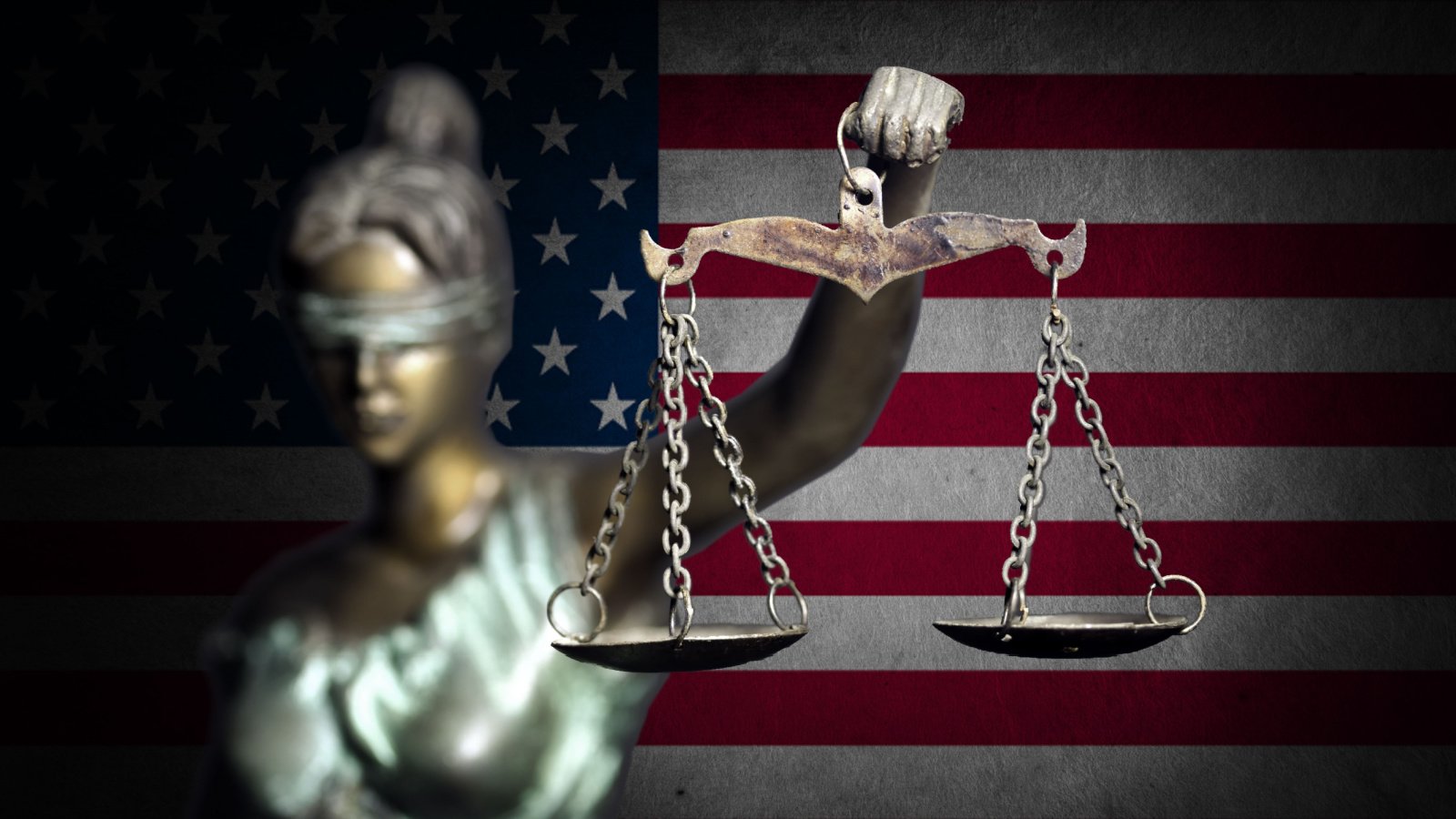
As the Supreme Court prepares to hear arguments in April, all eyes will be on the justices to see how they navigate this complex legal and political issue. The decision could have a lasting impact on the presidency, the justice system, and the democratic process in the United States.






